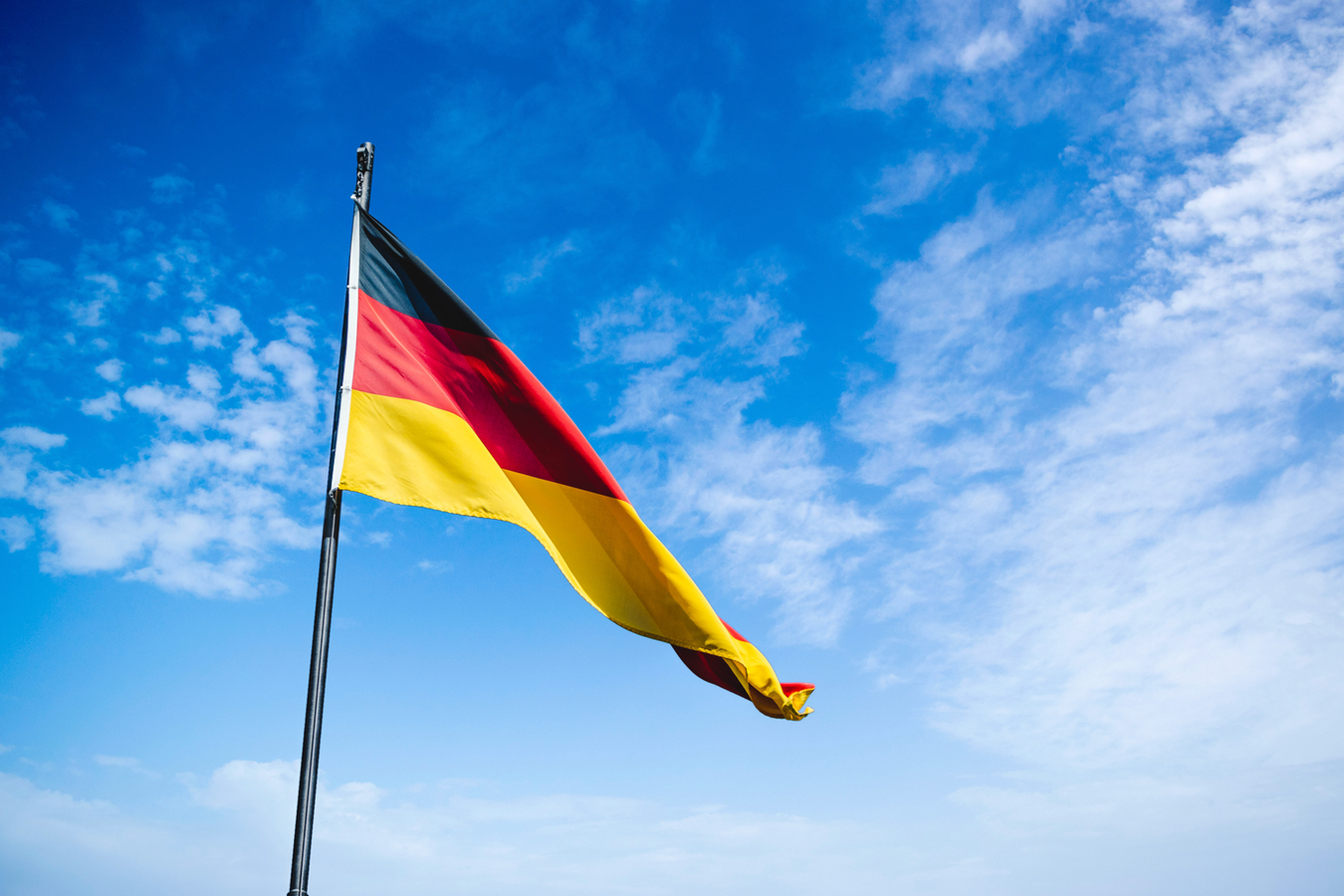As in Europe the turmoil in German politics is scrutinized. Report Ft

What happens in German politics according to the Financial Times
As for economic policy, the German position on European issues was already changing. Under the leadership of Olaf Scholz, a Social Democrat, the finance ministry has moved away from traditional orthodoxy towards a more ambitious approach to EU economic cooperation. He is also a candidate for the post of chancellor of the SPD. While the SPD chases the Greens in the polls, Scholz's European economic policy positions are noteworthy, as if anything the Greens could go further in any future left-wing coalition government.
In a speech to Bruegel's think-tank earlier this month, Scholz embraced the goal of a fiscal union, a dirty word of German politics, especially with the center-right CDU and CSU, the older partners. of today's coalition. It has also long ago expressed the will for a "big deal" to create a unified European banking system. Now he calls for more fiscal policy decisions to be made without unanimity among EU member states – "fiscal union without avoiding tax arbitrage [is] unthinkable," he told Bruegel – and to quickly identify the major ones. tax revenues that the EU should be able to collect for itself to service the new common debt.
The economy is not the only sector where the outcome for German parties and individual leaders over the next year can make a big difference beyond its borders. Defense and security will see "a huge difference depending on the outcome of the elections and the ruling coalition," said Justyna Gotkowska, an analyst at the Warsaw Center for Oriental Studies.
A CDU chancellor who rules with the Greens "will keep the balance between cooperation within NATO and investment in security initiatives within the EU," he said. For a left-wing coalition, however, "cooperation within NATO and with the United States would be more controversial". It may be more engaged in EU cooperation, but EU cooperation may not lead to great results ”in terms of defense capabilities. This would affect countries on the eastern side of Europe, he stressed.
But the next political races could influence “to what extent this is a geopolitical agenda and what role Germany wants to play in this field. . . someone like [Norbert] Röttgen is much more sensitive about the role of China and 5G, ”said Ms Schaake, referring to the CDU chairman of the Bundestag foreign affairs committee and one of the longest running candidates to lead the party.
Since much of the digital space is unregulated, issues such as cybersecurity, threats to democracy and platform regulation will be "fundamentally decided" over the next decade, Ms. Schaake said. "Europe must accelerate [decision making] at the intersection of geopolitics and technology – and this cannot be done without German leadership."
This is a machine translation from Italian language of a post published on Start Magazine at the URL https://www.startmag.it/mondo/subbugli-politica-germania/ on Sun, 20 Sep 2020 05:24:29 +0000.
